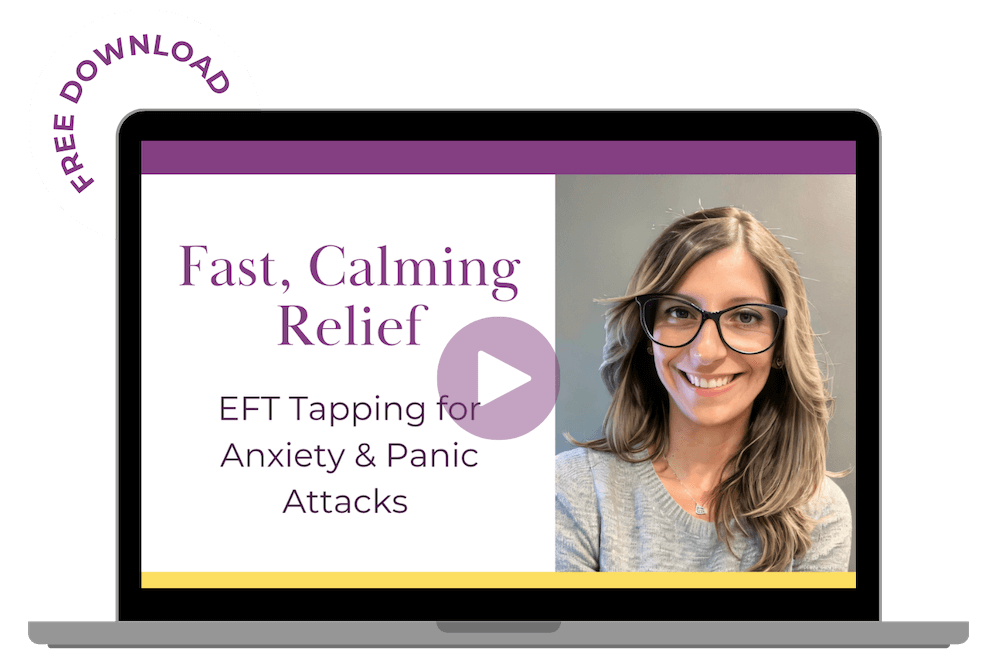Introduction: Anxiety and nervousness are emotions that many of us encounter in our daily lives, but understanding the distinction between the two can be pivotal in managing our mental well-being effectively. In this blog, we’ll delve into the nuances that set anxiety and nervousness apart, exploring their origins, manifestations, and implications on our overall mental health.
- Defining Anxiety:
- Anxiety is a complex emotion characterized by persistent worry, fear, or apprehension about future events, situations, or uncertainties.
- It often involves physical symptoms such as rapid heartbeat, trembling, sweating, muscle tension, and gastrointestinal distress.
- Anxiety can be generalized, affecting various aspects of life, or specific to particular triggers, such as social situations or specific phobias.
- Chronic and severe anxiety may indicate an anxiety disorder, such as generalized anxiety disorder (GAD), social anxiety disorder, or panic disorder, which significantly impacts daily functioning and quality of life.
- Unpacking Nervousness:
- Nervousness, on the other hand, is a transient and milder form of anxiety, typically experienced in anticipation of a specific event, situation, or outcome.
- It is characterized by feelings of apprehension, tension, or unease, often accompanied by physical symptoms such as butterflies in the stomach, sweating palms, or a dry mouth.
- Nervousness tends to be situational and temporary, subsiding once the anticipated event or situation passes, without significantly impairing daily functioning.
Understanding the Origins:
- Biological Factors:
- Genetic predisposition: Some individuals may have a genetic vulnerability to experiencing anxiety or nervousness, with certain genes influencing their predisposition to these emotions.
- Neurochemical imbalances: Changes in brain chemistry, such as alterations in neurotransmitter levels (e.g., serotonin, dopamine, norepinephrine), can contribute to the development of anxiety disorders and nervousness.
- Environmental Influences:
- Stressful life events: Traumatic experiences, major life changes, or ongoing stressors can trigger or exacerbate anxiety and nervousness.
- Social or performance pressures: Situations such as public speaking, job interviews, or social gatherings can evoke feelings of nervousness or anxiety due to perceived expectations or judgments from others.
Navigating the Divide:
- Recognizing the differences between anxiety and nervousness is essential for effective management and coping strategies.
- While anxiety may require professional intervention and treatment, nervousness can often be managed through self-care practices and relaxation techniques.
- Mindfulness, deep breathing exercises, progressive muscle relaxation, and cognitive-behavioral techniques can help individuals cope with both anxiety and nervousness effectively.
Conclusion: Anxiety and nervousness may share common ground in the realm of emotions, but they diverge in terms of intensity, duration, and impact on daily functioning. By understanding the distinctions between the two and recognizing their origins, individuals can develop tailored strategies for managing and mitigating their effects on mental well-being. Whether it’s through professional support, self-care practices, or relaxation techniques, navigating the divide between anxiety and nervousness empowers individuals to foster resilience and cultivate a sense of balance in their lives. Remember, you’re not alone in your journey, and seeking support when needed is a sign of strength and courage.







